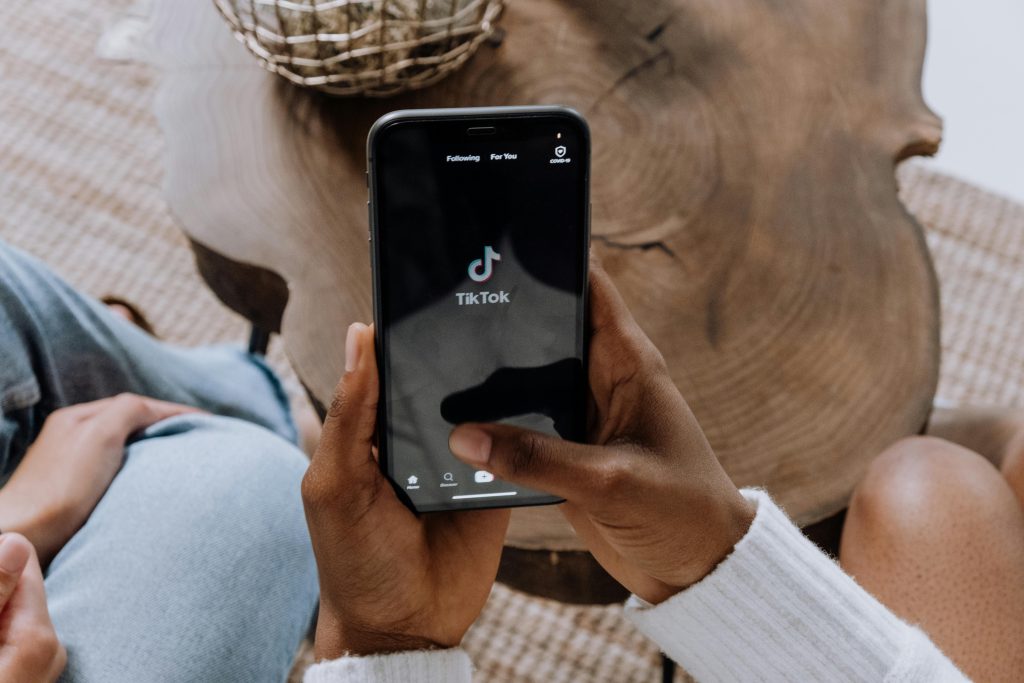Key Takeaways
- The TikTok ban could take effect on January 19, 2025, unless its parent company, ByteDance, sells its stake in the app.
- The Supreme Court is currently reviewing the legality of the ban, with arguments centered on national security and First Amendment rights.
- The ban has significant implications for 170 million U.S. users, TikTok employees, and advertisers.
- ByteDance asserts that selling TikTok is not feasible, while some lawmakers and intelligence agencies highlight national security risks.
Why Is TikTok Getting Banned?
The TikTok ban, scheduled to begin on January 19, 2025, stems from concerns over national security. Lawmakers in the U.S. fear that ByteDance, TikTok’s China-based parent company, could give the Chinese government access to sensitive data from American users. Some also worry about potential propaganda and misinformation campaigns.
In April 2024, President Biden signed the Protecting Americans from Foreign Adversary Controlled Applications Act. This law requires apps owned by companies in adversarial countries, including China, to either divest from foreign ownership or face a ban. ByteDance has refused to sell TikTok, claiming it is technologically, commercially, and legally impossible.
What Does the TikTok Ban Mean for Users?
If the ban takes effect, TikTok will no longer be available for download or updates in the U.S. Existing users can still access the app, but without updates, it will become increasingly unstable and insecure over time. Content creators who rely on TikTok for business may need to pivot to other platforms like Instagram Reels or YouTube Shorts.
Many users are already exploring alternatives to bypass the ban. Virtual private networks (VPNs) have become a popular topic on TikTok itself, with tutorials showing how to maintain access despite restrictions.
TikTok Supreme Court Hearing: The Legal Debate on TikTok Ban
The Supreme Court is currently hearing arguments from TikTok and the U.S. government. TikTok’s legal team argues that the ban infringes on the First Amendment rights of 170 million U.S. users. They claim the app serves as a critical platform for free expression and business opportunities.
On the other hand, government officials maintain that TikTok’s data collection poses a severe threat. They argue that the Chinese government could use the platform for espionage, blackmail, or spreading misinformation. Critics of the ban highlight the lack of concrete evidence supporting these claims.
When Will TikTok Be Banned?
If the Supreme Court upholds the law, the TikTok ban will begin on January 19, 2025. From this date, app stores like Google Play and Apple’s App Store must remove TikTok. Cloud service providers and hosting platforms will also need to sever ties with TikTok, potentially impacting its functionality.
President-elect Donald Trump has requested a delay in the ban to explore alternative solutions. He has expressed interest in negotiating a resolution that addresses security concerns while preserving access to the app.
What Happens to TikTok Employees and Advertisers?
TikTok employs approximately 7,000 people in the U.S., many of whom face uncertainty. Although ByteDance has continued hiring for U.S. roles, employees are worried about potential layoffs.
For advertisers, the ban could disrupt strategies and budgets. TikTok’s U.S. ad revenue, estimated at $12.3 billion in 2024, has become a key channel for brands targeting younger audiences. Some advertisers plan to continue campaigns until the app’s functionality declines, while others are already shifting budgets to platforms like Instagram and YouTube.
Will TikTok Be Banned Permanently?
The TikTok ban might not be permanent. ByteDance has explored other options to avoid the ban, including potential sales to U.S.-based investors. However, this would require approval from the Chinese government, which has shown resistance to selling TikTok’s proprietary algorithm.
The upcoming Trump administration could also influence the ban’s future. President-elect Trump, who opposed TikTok during his earlier term, has softened his stance, praising the app’s impact on his campaign and calling for a pause on the ban.
What’s Next for TikTok Users and Creators?
While the legal and political battles continue, TikTok users and creators are preparing for a possible shutdown. Many are backing up their content and building audiences on alternative platforms. The uncertainty surrounding TikTok’s future has created both challenges and opportunities for the app’s massive user base.
If the ban is enforced, TikTok may lose its dominant position in the U.S. social media landscape. However, the outcome of the Supreme Court hearing and the actions of the incoming administration will ultimately decide whether TikTok is here to stay.
Conclusion: TikTok Ban
The TikTok ban highlights the intersection of technology, national security, and free speech. As the Supreme Court deliberates, millions of users, advertisers, and employees are anxiously awaiting the decision. Whether TikTok shuts down or survives, the debate sets a precedent for how the U.S. addresses foreign-owned apps in the digital age.
Read more: Link
